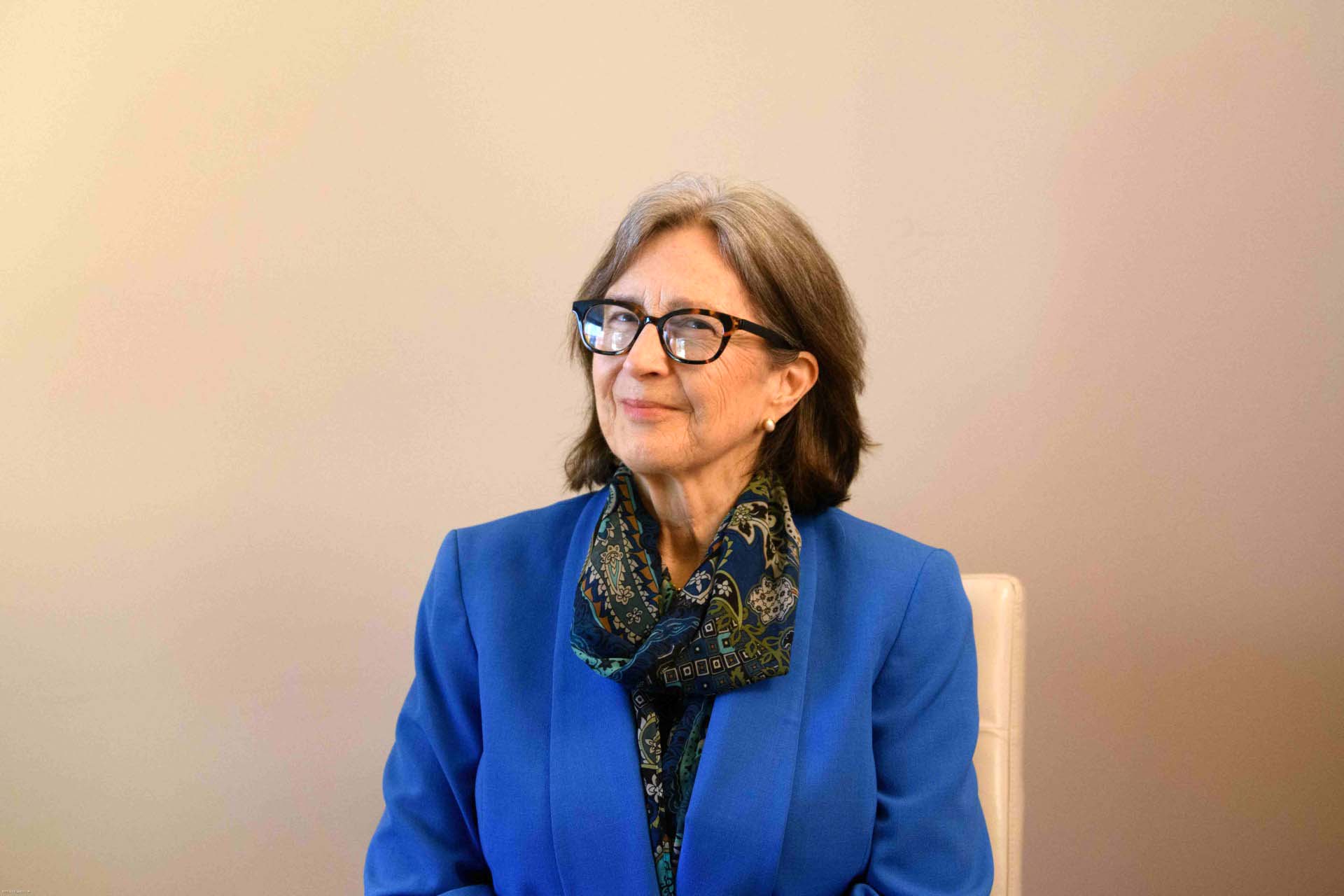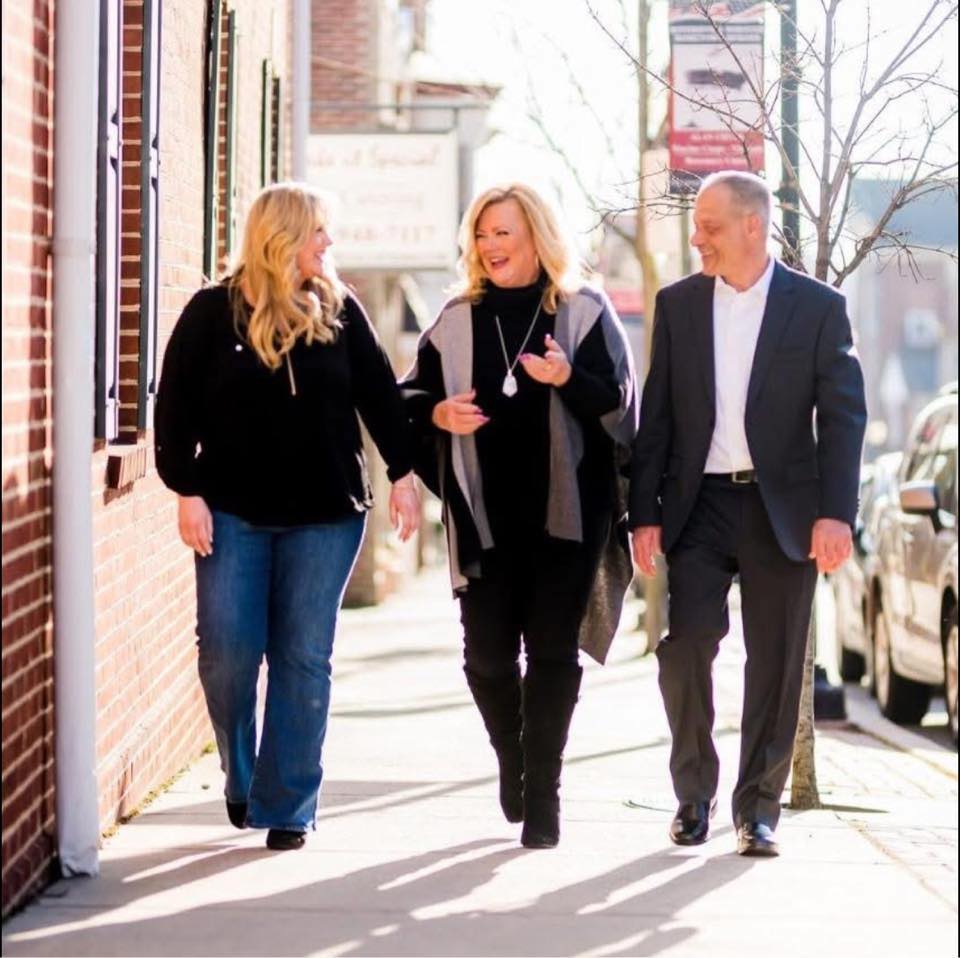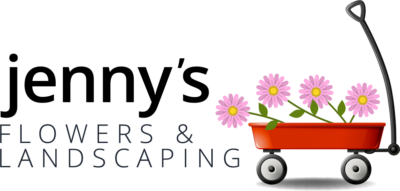
For decades, Beth Sturman has been a guiding force in the field of human services, dedicating her life to supporting individuals and families in need. Inspired by her parents, who balanced careers in education with extensive volunteer work, Beth developed an early understanding of the importance of community and service. Over the years, she has worked with a wide range of populations, gaining invaluable experience and a deep sense of empathy for those facing adversity.
Most recently, Beth served as the Executive Director of Laurel House, a comprehensive domestic violence agency, where she tirelessly advocated for survivors and their families. In this role, she worked to provide critical resources, safety, and hope to those navigating some of life’s most difficult challenges. Having recently stepped down from her position, Beth reflects on the meaningful work she has accomplished and the lasting impact she has made in the lives of so many. Her personal experiences as a single mother juggling multiple jobs have given her a unique perspective and fueled her passion for helping others find stability and resilience.
Throughout her career, Beth has demonstrated unwavering dedication, balancing her professional responsibilities with her commitment to honesty, compassion, and kindness. Her ability to connect with people, combined with her strong sense of gratitude and spiritual grounding, has made her a role model and mentor to many. As she begins this next chapter, Beth continues to inspire those around her to create meaningful change and to approach life’s challenges with strength and grace.
We asked Beth…
What inspired you to pursue your current career or passion?
I have worked in human services since 1980, inspired by my parents, who both worked in education and volunteered extensively in addition to their careers. Over the years, I’ve worked with many different human service populations, most recently serving as the Executive Director of Laurel House, a comprehensive domestic violence agency. This role was a natural progression of my lifetime commitment to supporting disadvantaged families, often headed by single mothers.
Can you share a defining moment in your career or life that shaped your path?
There were many “moments” or life situations that led me to develop a passion for working with families in need of support. As a single mother, I often worked more than one job to make ends meet. I was fortunate to have help from good friends and family members, and I know how transformative that kind of support can be.
What challenges have you faced in your journey, and how did you overcome them?
As a single mother, one of the biggest challenges was balancing the demands of work—often more than one job—with my son’s needs and the responsibilities of maintaining a home. Financial stability was elusive, and there were times when the stress of trying to make ends meet felt overwhelming. What helped me persevere was pursuing a spiritual approach to life, maintaining strong connections with good friends, and cultivating a sense of gratitude.
Who or what has been your greatest mentor or influence, and why?
I have a few very close friends—one I’ve known since the fifth grade and another for over 45 years. Both know me deeply and have modeled grace, courage, and determination through challenging times in their own lives. They continue to be mentors for me, and I hope I sometimes fill that role for them as well. I also have other close friends I haven’t known as long, but who are equally amazing models of how to navigate life’s ups and downs.
How do you define success for yourself?
For me, success means finding and maintaining a healthy balance between taking care of myself and helping the people in my sphere—both personally and professionally—develop the tools they need to take care of themselves.
What values guide you in your personal and professional decisions?
Honesty is very important to me. Kindness and compassion are also key values that guide my decisions.
How do you prioritize and set goals for both short-term and long-term success?
This is something I’ve gotten better at over the years. My tendency had been to set unrealistic goals because I overestimated what could be achieved and underestimated how long it would take, especially with short-term goals. I also didn’t account for the fact that life often throws curveballs—unexpected situations that may delay or completely alter a plan.
As I’ve gotten to know myself and my capabilities, I’ve learned to build in flexibility for the unexpected. This has made it easier to set and work toward realistic short-term goals, which, when combined, lead to long-term success.
We Are Supported By:












